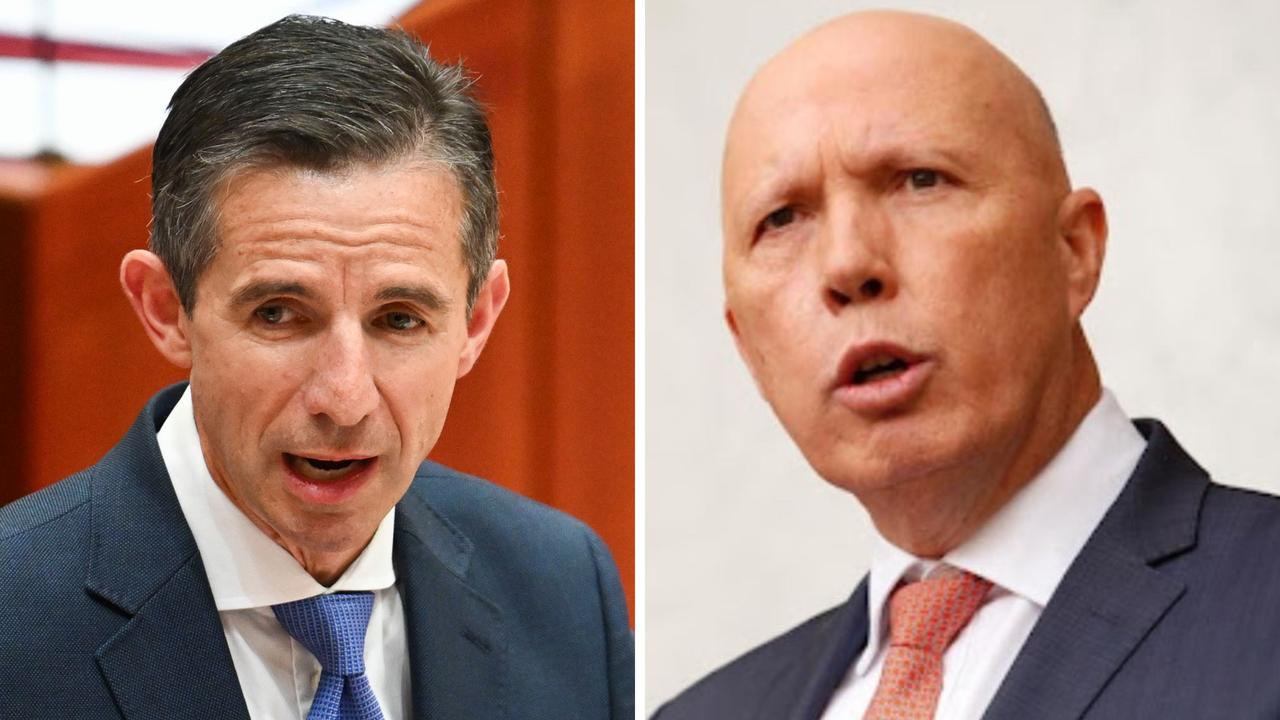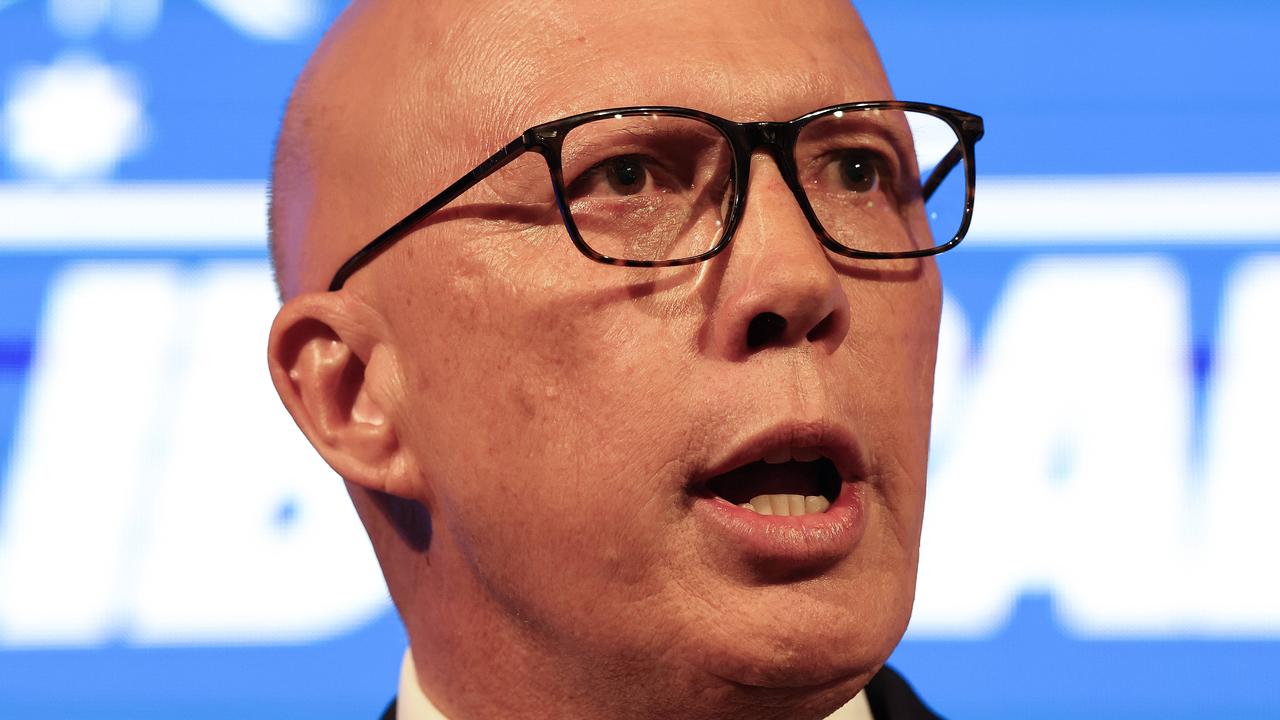Federal government pledges $925m to extend domestic violence payment, announces new laws to ban deepfake pornography
The extension of a $5000 domestic violence payment adds ‘insult to injury’ and won’t be enough to help women who need assistance fleeing, advocates say.
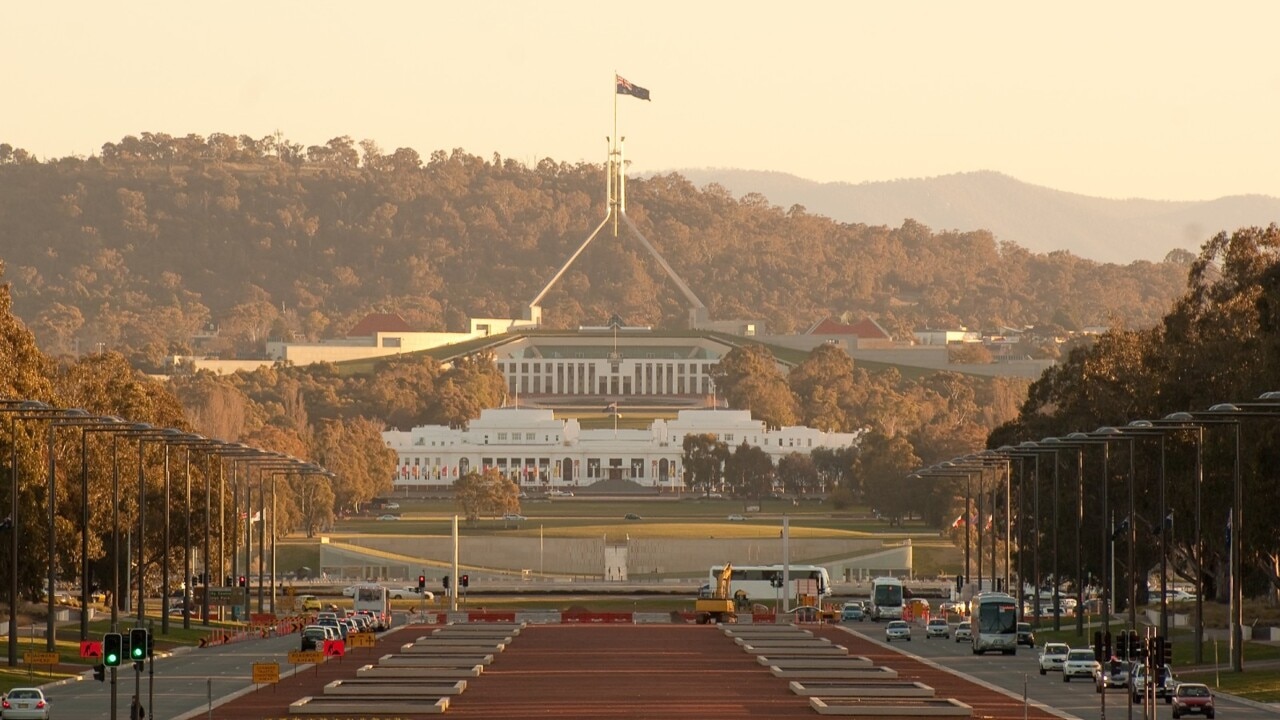
Anthony Albanese’s $925m domestic violence announcement has been met with criticism from multiple sides of government, with the Greens saying it adds “insult to injury” while the Coalition is demanding the government make good on pre-existing promises.
Advocates are furious at the lack of funding for frontline services, as a leading economist warned the government should anticipate rising family violence as cost of living pressures continue.
The Prime Minister convened a meeting of national cabinet with state and territory leaders on Wednesday amid an escalating crisis of violence against women.
In response, the federal government will invest $925m over five years from July 1, 2025, to permanently establish the Leaving Violence Payment to assist people experiencing intimate partner violence with the financial costs of leaving a violent situation.
“Those eligible will be able to access up to $5000 in financial support along with referral services, risk assessments, and safety planning,” Mr Albanese said.
“This commitment builds on measures put in place by our government to help address financial barriers to escaping violence.”
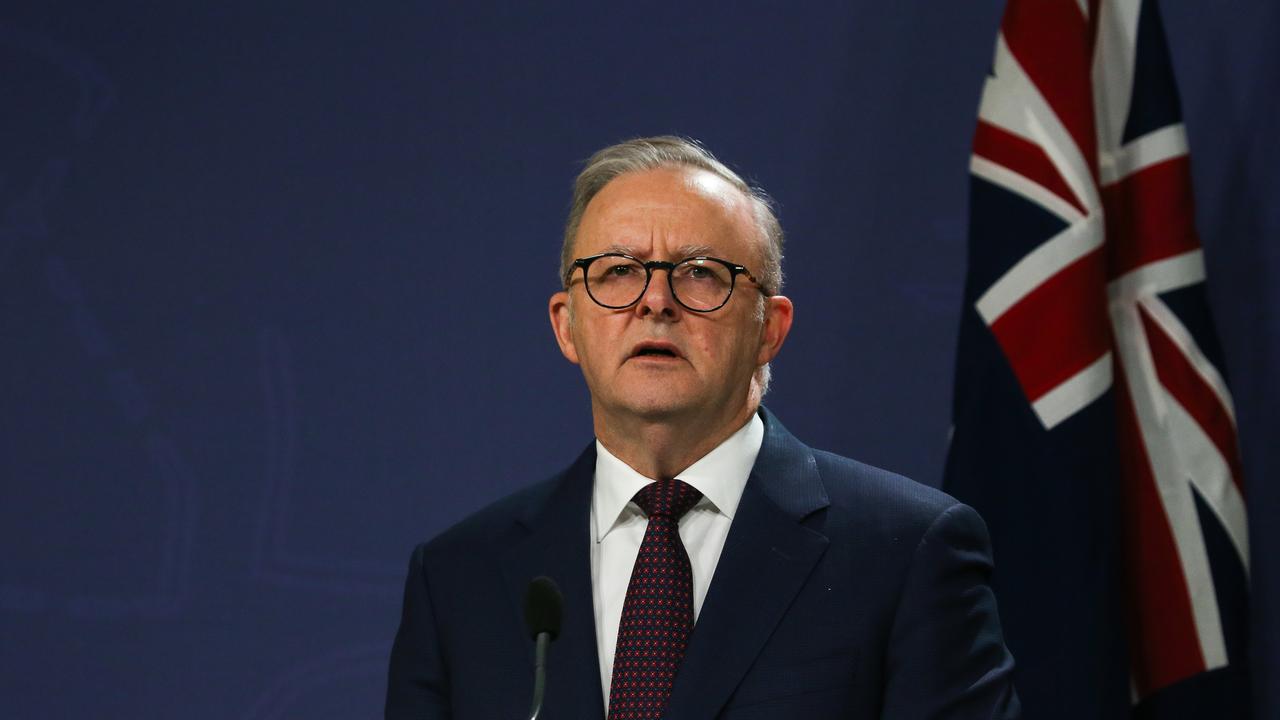
Greens spokeswoman for women, Larissa Waters, described the announcement as “deeply underwhelming”, which would “simply increase demand on an already stretched sector”.
Questioning why the government hadn’t instead funded frontline services, Senator Waters said the program had been “plagued with maladministration and delay” and its delayed start date added “insult to injury”
“Nothing for frontline services. Nothing for housing. No new money for prevention. No DV death toll collected by government instead of volunteers,” she said.
“No declaration that violence against women is a national emergency. No increase to income support to help survivors flee. Nothing to help services inform police about high risk perpetrators.
“What a disgraceful missed opportunity today’s national cabinet was.”
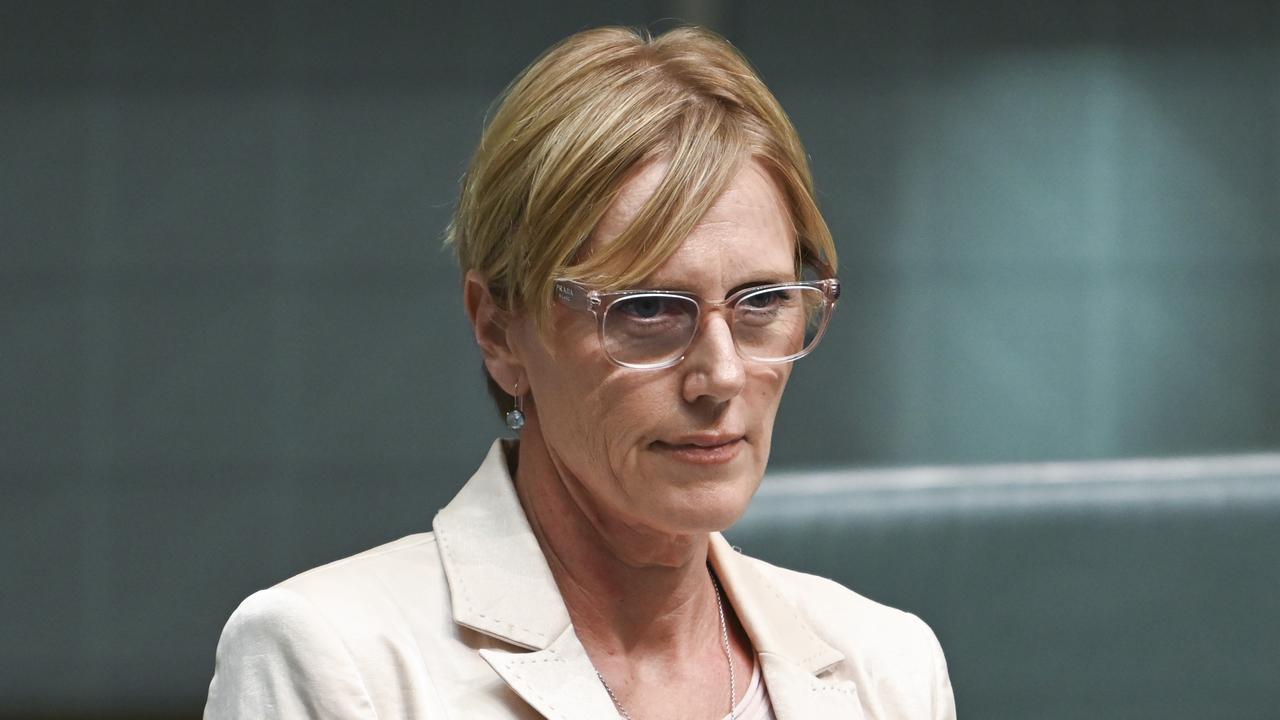
Independent Goldstein MP, Zoe Daniel, said the program was “difficult to access” and would need streamlining to reach those who needed it.
She also criticised the lack of funding for frontline services.
“Based on the above, by the time national cabinet meets again in roughly 90 days, 12,000 women will have been turned away, and at a rate of one woman every 4 days, another 22 women may be dead,” Ms Daniel said.
Deputy Opposition Leader Sussan Ley, the Coalition’s spokeswoman for women, said the additional funding and initiatives were “welcome”, but more needed to be done.
She said the Coalition had great concerns about the delivery of 500 new frontline domestic violence workers which the government promised two years ago.
“Whilst we want the government to succeed in every domestic violence initiative it undertakes, it is our responsibility to scrutinise the Prime Minister’s missteps so that his government can be better. That is why we continue to urgently ask Anthony Albanese to provide an update on the progress of the promised 500 frontline workers and an explanation on why the commitment is tracking so poorly,” Ms Ley said.
Asked about the workers on Wednesday, Mr Albanese said the funding “is there” and that his government was “progressing” with the rollout, and had asked states and territories to ensure they were doing their part.
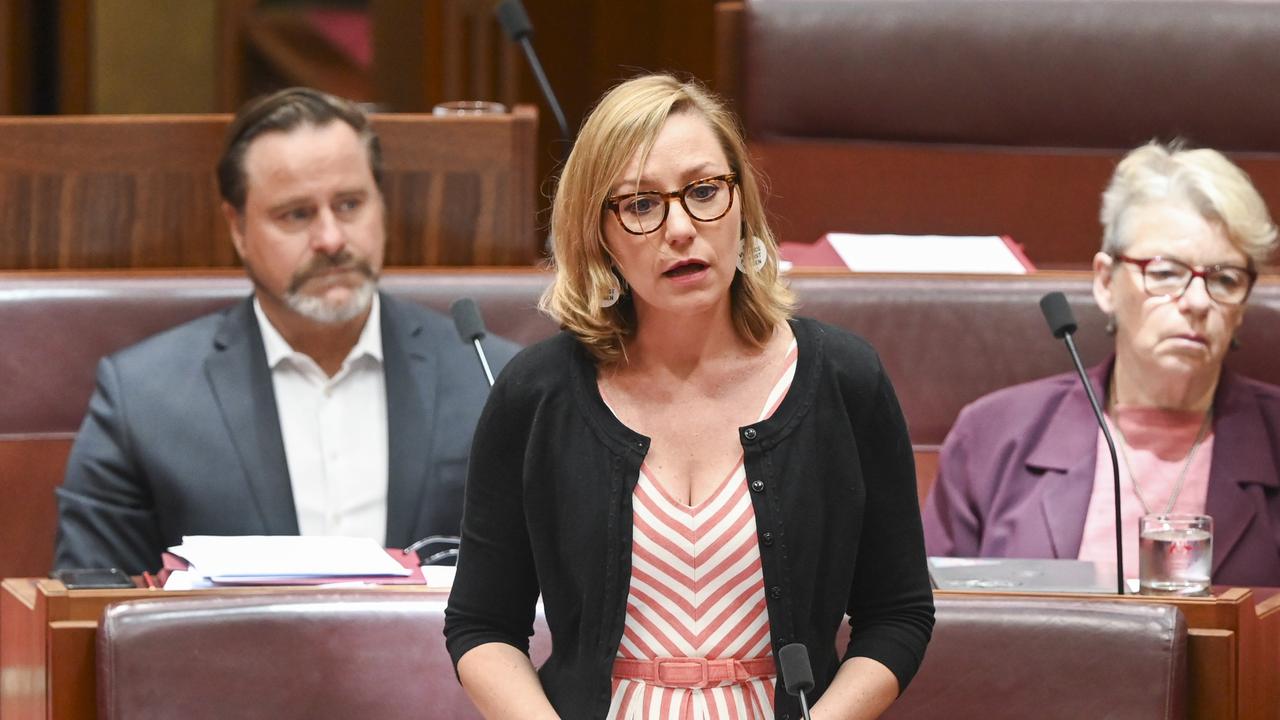
Meanwhile, Angela Jackson, chair of the Women in Economics Network, told the National Press Club on Wednesday that the economic impact of gender-based violence would be up to $50bn a year in lost output.
Speaking to statistics released on Tuesday that showed a 30 per cent increase in intimate partner homicide in 12 months alone, she said while the statistics were shocking, Australians should not be surprised.
“Rates of family violence are known to increase in the aftermath of major disruptive events such as fires, floods, and pandemics, rates of family violence are known to increase when households are under financial stress,” she said.
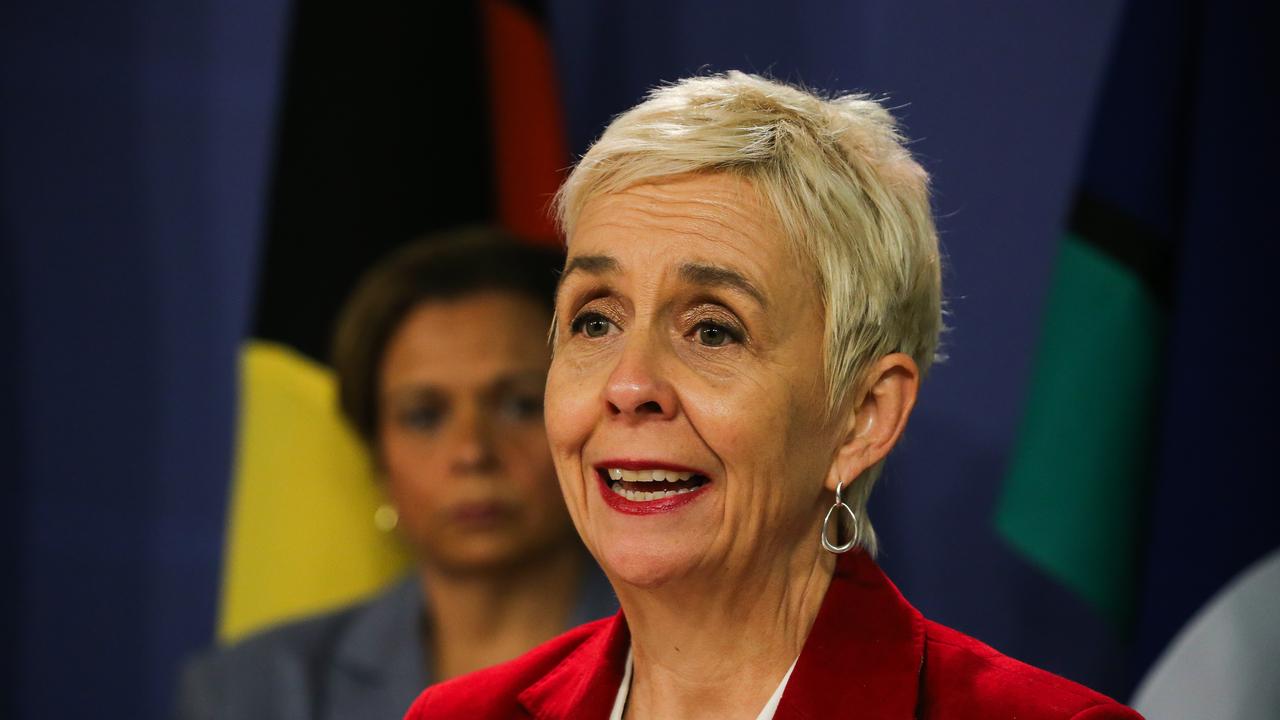
On average in Australia, a woman is killed by an intimate partner every four days, while one in three women has experienced physical violence since the age of 15.
Domestic, Family and Sexual Violence Commissioner Micaela Cronin said she was pleased to have a unified conversation about the “appalling” spate of deaths of women killed by their current or ex-partners.
“Like many of you, I wake up every day and pick up my phone worried about what news I’m going to see and the impact that that will have on communities, but we also know that that’s just the tip of the iceberg,” she said.
Family violence advocate Rosie Batty welcomed the extension to emergency financial support, but raised concerns in relation to barriers around eligibility and access.
She said women are at the highest of risk of violence and homicide when they leave a violent relationship, and urged for more federal and state resources towards recovery and healing.
“I appreciate this is an important request that the government has listened to, but what I would enforce is I hope this payment is easily accessible and provided without the victim having to prove or to go through an extensive screening process that ultimately re-traumatises them,” Ms Batty said.
“Ultimately, leaving a violent relationship is a long recovery. We need to realise that the violence doesn’t necessarily stop just because you leave.”
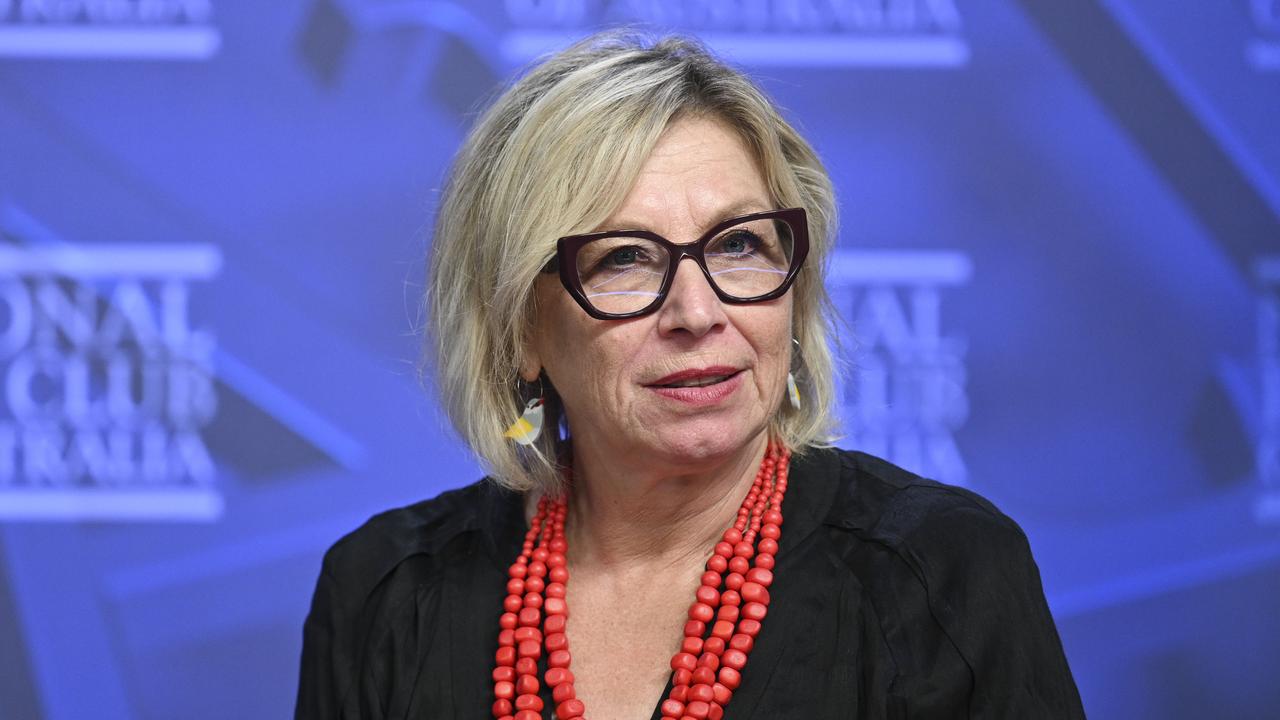
According to data released in a response to a question raised in senate estimates earlier this year, more than half of the over 50,000 Australians who applied for the escaping violence payment had their applications rejected between July and September 2023.
The one-off payment, which can be accessed through social service provider Uniting, is issued in the form of up to $1,500 in cash with the rest on a prepaid card for goods and services.
To be eligible, an individual must be aged 18 years and have left or have a plan to leave an intimate partner violent relationship. Applicants must be an Australian citizen or temporary visa holder and be able to prove they are experiencing or at risk of financial stress.
They must also have experienced a change in living arrangement in the past 12 weeks.
Online crackdown
The Opposition welcomed the government’s announcement it would introduce legislation banning the creation and distribution of deep fake pornography and the sharing of sexually explicit material using technology such as artificial intelligence.
Citing growing concerns about the role of violent online content in normalising gendered violence, Communications Minister Michelle Rowland announced $6.5m in the budget for a pilot of “age-assurance technologies” to reduce children’s exposure to harmful material.
She announced a review, which will be done in collaboration with experts, with states and territories to examine options to reduce exposure to violent pornography.
“I’m well aware as a parent myself of two young girls there is a weight that parents are feeling about how to help their children navigate the online environment,” Ms Rowland said.
“Reducing this exposure to harmful and degrading pornography will better protect the women and children of Australia and we will have more to say about our plans to strengthen online safety.”
Coalition communications spokesman David Coleman welcomed the government’s “backflip” on age verification.
“We need to get moving urgently on age verification, which will be central to Australia’s online safety future,” he said.
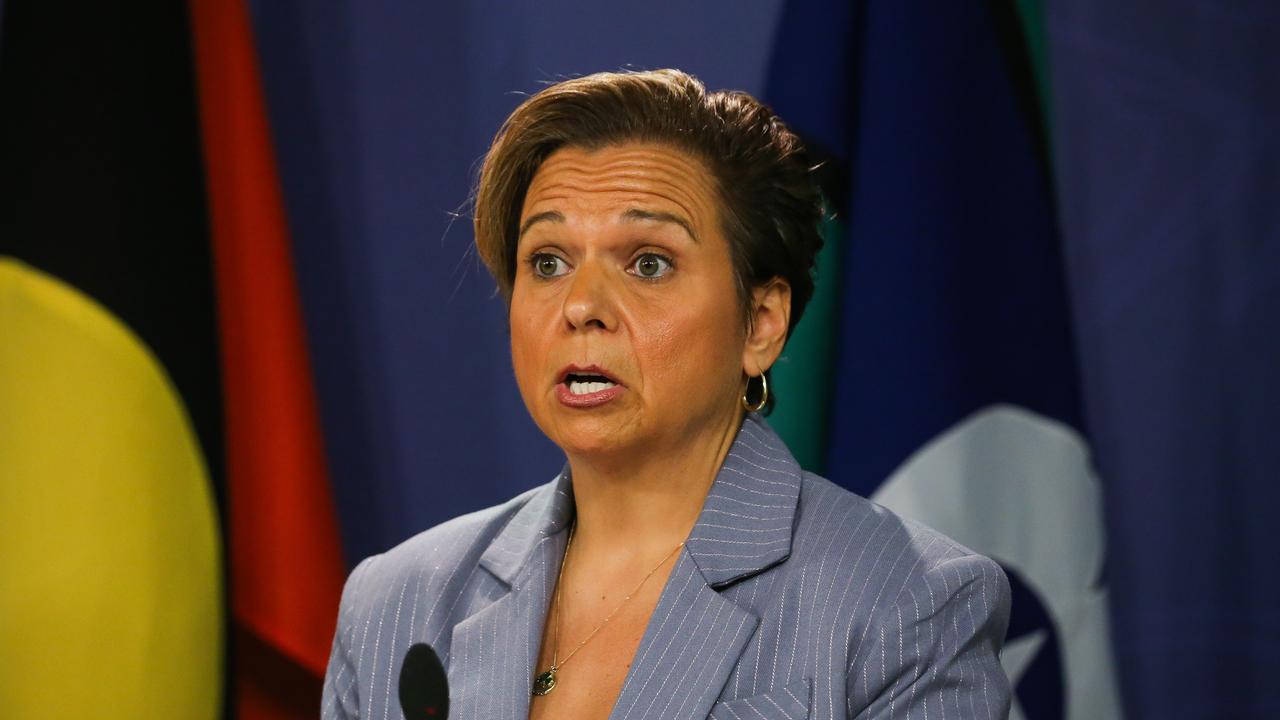
The government will also bring forward legislation in early August to outlaw the release of private information online with an intent to cause harm, known as doxxing.
Mr Albanese said while the possibility of stricter bail conditions for violent offenders was a point of discussion during Wednesday’s meeting, any changes to bail laws would be led by states and territories.
“What I heard from the premiers and chief ministers is the commitment to best practice, to examine what works, and they will work in a co-ordinated way to look at how they can deal with issues like our laws,” he said.
Opening the one-hour virtual discussion, Mr Albanese told state and territory leaders too many women across the country were dying from acts of violence and said the statistic of one woman killed every four days was “completely unacceptable”.
“Too many children are growing up with trauma and too many children are growing up without their mums, and too many stories are ending in the same heartbreaking way. If we want to change this, then all of us have to take responsibility,” he said.
Mr Albanese said for many the issue of domestic violence was “deeply personal” and vowed to take immediate steps to address long-term cultural change.
“We are committed to dealing with these issues, and today we want to reach some important outcomes building on the work that governments have done to date but doing more because we know that not enough has been done,” he said.
If you or someone you know is experiencing, or at risk of experiencing, domestic, family or sexual violence, call 1800 RESPECT on 1800 737 732, text 0458 737 732 or visit 1800RESPECT.org.au


